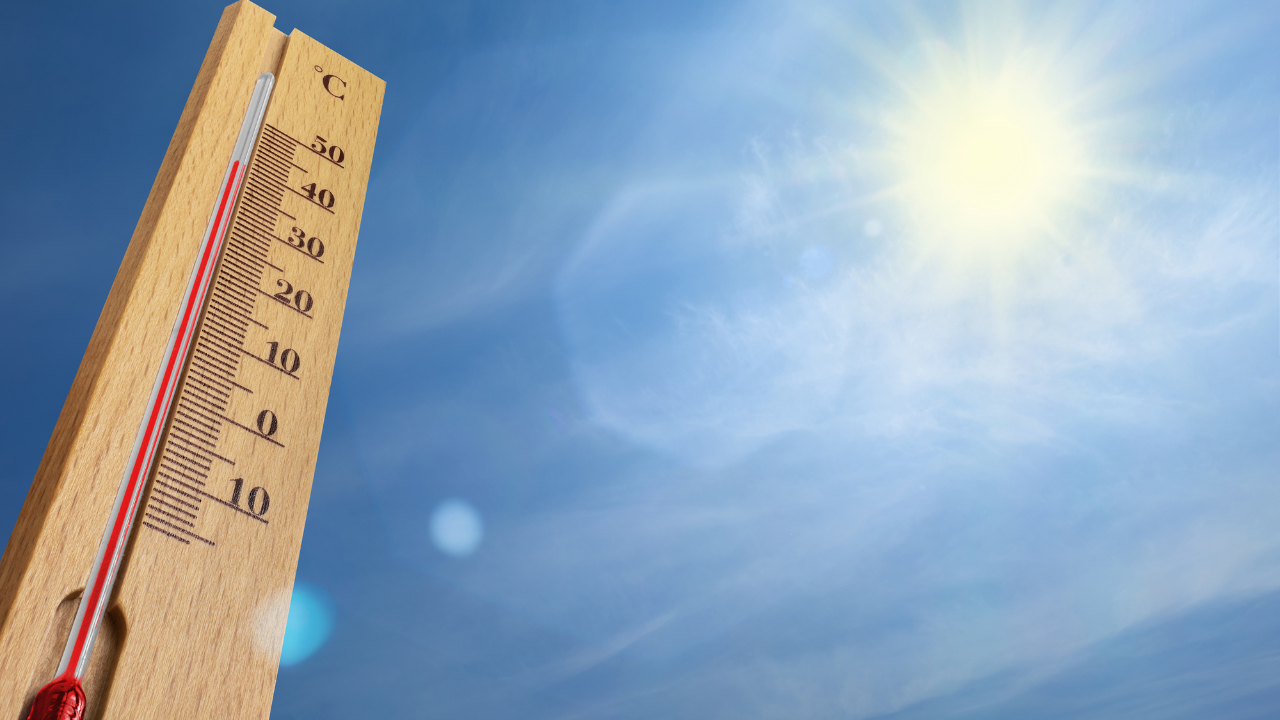As we continue to experience high temperatures across the province, BCCPA and EngAge BC urges everyone to check in with elderly family members, friends and neighbours and ensure that they are safe, drinking plenty of water and are staying cool.
To help others stay safe and cool during these summer months, Tri-Cities Seniors’ Action Society has put together some important tips below.
+++
Safety cautions for heat domes and wildfire smoke conditions are here and are important to follow. An air quality advisory is due to high concentrations of ground-level ozone which are caused by heat combined with wildfire smoke. Exposure is a concern for people who have any of the following: asthma, COPD, other lung diseases, heart diseases, diabetes, respiratory infections, people living outdoors, and older adults, young children, pregnant women and outdoor workers.
It is ideal for vulnerable individuals to go to an indoor space with air-conditioning, if possible, and drink a lot of water. Both clean and cool air is important for anyone at risk, but overheating is more dangerous for most people. Anything people can do to stay cool helps, such as using cool cloths, slightly wet shirts, frozen gel packs wrapped in a thin towel and placed on the neck, armpits and groin, cool showers or feet in cool water, and drinking a lot of liquids. If anyone has chest discomfort, shortness of breath, coughing or wheezing, seek medical attention immediately.
Cooling centres can be accessed across communities in local recreation centres, libraries, and other community facilities. Local shopping centres are also air-conditioned and are free to use. Cooling centres and misting tents/spray parks should be available during periods of high temperature. We encourage people to call their local mayors and municipal halls to encourage these to be opened.
Heat-Related Illnesses
|
What To Look For |
What To Do |
|
Heat Stroke |
|
| High body temperature (103 F or higher)
Hot, red, dry, or damp skin Fast, strong pulse Headache Dizziness Nausea Confusion Losing consciousness (passing out) |
Call 911 right away—heat stroke is a medical emergency
Move the person to a cooler place
Help lower the person’s temperature with cool clothes or a cool bath
Do not give the person anything to drink |
| Heat Exhaustion | |
| Heavy sweating
Cold, pale, & clammy skin Fast, weak pulse Nausea or vomiting Muscle cramps Tiredness or weakness Dizziness Headache Fainting (passing out) |
Move to a cool place
Loosen clothes Put cool, wet cloths on body or take a cool bath Sip water
Get medical help right away if: The person is throwing up Symptoms get worse And last longer than 1 hour |
|
Heat Cramps |
|
| Heavy sweating during intense exercise
Muscle pain or spasms |
Stop physical activity and move to a cool place
Drink water or a sports drink Wait for crampts to go away
Get medical help right away if: Cramps last longer than one hour You’re on a low-sodium diet You have heart problems |
|
Sunburn |
|
| Painful, red, and warm skin
Blisters on the skin |
Stay out of the sun until your sunburn heals
Put cool clothes on sunburned areas or take a cool bath Put moisturizing lotion on Do not break blisters |
|
Heat Rash |
|
| Red clusters of small blisters that look like pimples on the skin (usually on the neck, chest, groin, or in elbow creases) | Stay in a cool, dry place
Keep the rash dry Use powder (like baby powder) to soothe the rash
|
|
Wildfire Smoke |
|
| Irritation of eyes, nose, throat and lungs
Shortness of breath |
Reduce time spent outdoors
Stay hydrated Avoid rigorous exercise Wear an N-95 mask Keep windows & doors closed Use a HEPA filter air cleaner |
Read Tri-Cities Seniors’ Action Society’s full newsletter here.
For more tips, check out PreparedBC’s Heat Preparedness Guide here.


